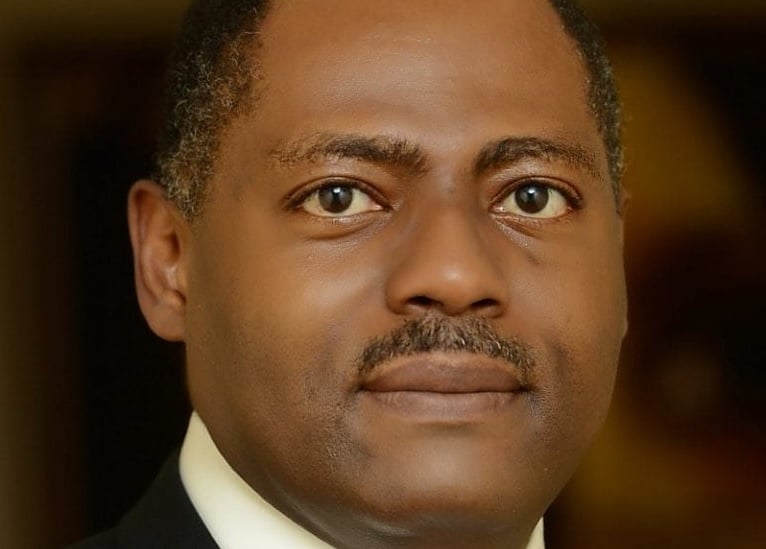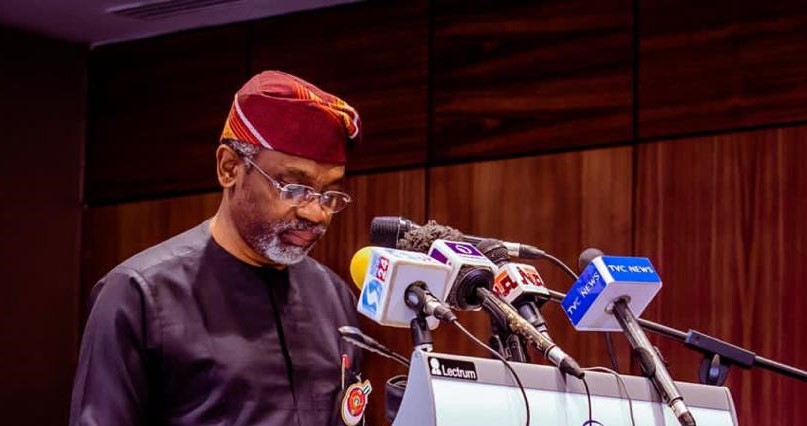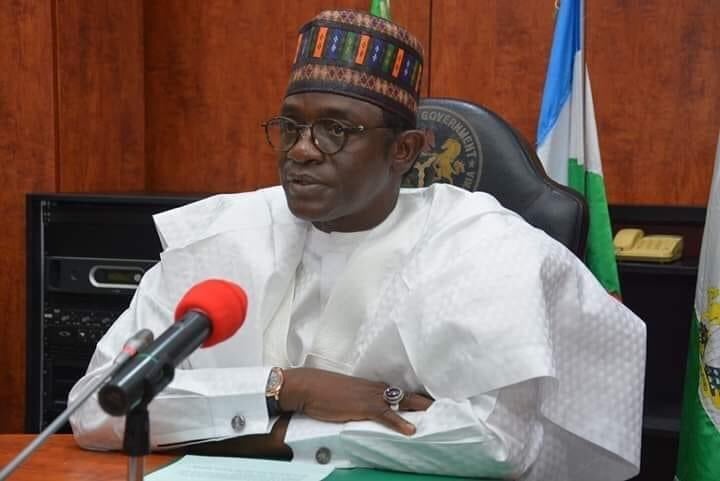Godwin Emefiele, governor of the Central Bank of Nigeria (CBN), says a complaint desk has been created for customers to report deposit money banks (DMBs) hoarding forex.
He disclosed this on Tuesday during the monetary policy committee (MPC) press briefing in Abuja.
Reacting to the current foreign exchange scarcity in the country, Emefiele said there is no cause for panic as there is enough forex for tuition fees, medical payments and basic travel allowance (BTA) for every Nigerian to meet their foreign obligations.
“I will say that part of the measures we have adopted is that on a weekly basis, the CBN disburses not less than $80 million to the banks either for PTAs, that is personal travels; business travels or payment of school fees.
Advertisement
“We have created a complaint desk where you can call us or call some of our people who will respond. It is like call centres, where people can call that you went to a particular bank and they didn’t get money to pay school fees or they didn’t get money to travel.
“I don’t think there is any need for anybody to panic. We have exited recession so that is one positive thing, crude prices are moving on, also on diaspora remittances, we are looking to have where we can encourage foreign investors.
“We are very optimistic that there is enough and continue to be enough foreign exchange for people to meet their obligations. We just need people to be patient.”
Advertisement
Emefiele reiterated that there is no cause for Nigerians to create panic which will give an opportunity to speculators “to rip us off”.
The governor said the apex bank has not intervened in the investors and exporters (I&E) window since January 2021.
“It might interest us to know that since January, the CBN has not intervened in the I&E window. The market has always operated within a band of around N409 and at some point, it attained N412, N413 and it began to move and that is the way it is supposed to go,” Emefiele said.
“And then Central Bank’s job is to watch the market and see how it is operating and from there decide whether or not it should intervene and moderate the rate in the market in line with our own reading of were the exchange rate should be.”
Advertisement
He also refuted a statement made by Zainab Ahmed, minister of finance, that Nigeria had moved into a flexible exchange rate.
The minister on Monday said the CBN had adopted the Nigerian Autonomous Foreign Exchange (NAFEX) rate as the new official rate for government transactions.
“Within the government and the central bank, there is only one official rate and that’s the NAFEX rate,” Ahmed had said.
Reacting to the statement, Emefiele said: “Nigeria has not changed from its foreign exchange management policies. Nigeria still remains on a managed float.
Advertisement
“What does the managed float regime mean? That the Central Bank being the institution that has the core mandate for foreign exchange management in the country, would run the market; see to how the market operates, depending on its reading on how exchange rate moves in the market; will come from time to time to intervene in the foreign exchange market.”
Advertisement
Add a comment






